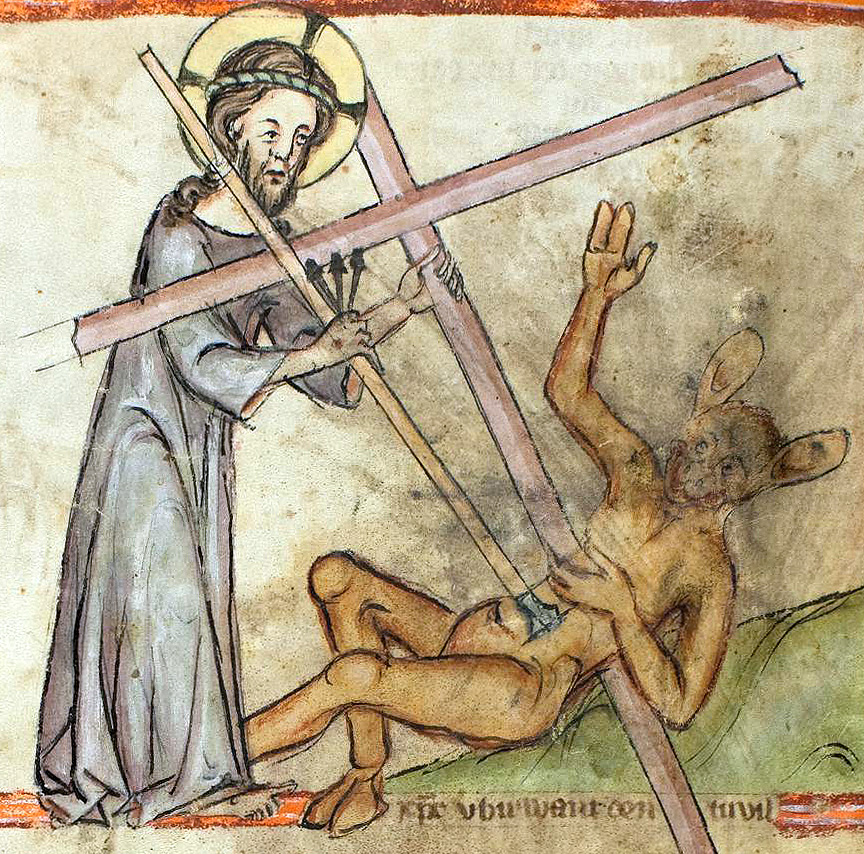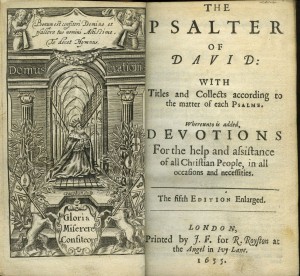“Likewise the Spirit helps us in our weakness; for we do not know how to pray as we ought, but the Spirit himself intercedes for us with sighs too deep for words.” Romans 8:26
“It is very important to for us to realize that we do not know how to pray. If we think of prayer as something that we can—or worse, that we should—master and become proficient at, we are in danger of seriously falsifying our relationship with God.” Simon Tugwell
Prayer is one of those things I approach like a musician approaches his instrument: if I just practice it enough, I’ll get better at it. I’ll get more proficient, and in doing so grow closer to God. Part of the reason I started the How I Pray series (which is on a break for reasons already stated) was to try to see what I could learn from my fellow travelers. I kept thinking maybe there’s a key someone has, and they can let me use it to unlock a hidden door to a deeper prayer life.

This mindset is both right and wrong. Paradox doesn’t bother me because I believe it’s a fine way to understand the ineffable mysteries of the divine, but the error in my approach is something I need to consider as I try to grow in my prayer life.
All of this, naturally, has been complicated recently by major depression, which has sapped my strength and affected my recall. (I couldn’t even remember the final prayer of the Angelus today. That’s a frightening thing.) That’s caused me to consider new ways of praying other than my standard reliance of the Divine Office.
What I plan to do is work through some notions about prayer that I’ve been thinking about lately in a series of posts for the next week or two, time and health allowing.
Simon Tugwell’s excellent little book Prayer in Practice had several revelations for me, most notably the idea that we have no natural right to pray.
In the Old Testament, God authorizes priests and prophets to pray. In the New Testament, the situation changes but the underlying rules still hold. People are baptized into Christ, and by the gift of the Holy Spirit through the sacraments our hearts and lips are opened in prayer. All who are in Christ may now pray.
What this means, as Tugwell observes, is that prayer is a privilege not a right. It is both a gift and a duty.
What should follow from this shift in perspective is the realization that we cannot rely on ourselves alone for prayer.
We meet prayer halfway by following patterns and forms.
We dispose ourselves to prayer with an open heart.
We practice prayer through spiritual exercises.
We listen for God’s words in his scripture and in his Church.
We sit in the silent majesty of the Lord and await His call.
However, none of these things is a complete prayer.
Even the simplest utterance of the Jesus Prayer or the Sign of the Cross is a way for us to find the ground upon which prayer can occur, but the rest is up to the movement of the Spirit.
Just as the efficacy of works can only function through the action of grace, so can the power of prayer only work through the action of the Spirit. Our prayer needs to be completed for us.
Does the Mass, the highest and most perfect prayer of which man is capable, function through our own powers? Are we not merely collaborators with the Priest and the people of God in the greater Work of Christ in the Mass? Is the Mass ours, or Christ’s?
What’s true of the Mass is true of personal prayer. We are not the only power driving our prayer.
It’s a mistake to think that the action of God in prayer is limited to His response. In fact, half of prayer itself is the action of God, before we even get to the response. We would not even have the desire to pray without grace. Our will and intellect cooperate with grace. We can ignore grace or we can build on grace, but we can neither create it nor demand it.
The intimacy with God which we seek in prayer is a gift on top of another gift. The prayer itself was the first gift, and as St. Paul says, “we do not know how to pray as we ought.”
What’s the result? That “the Spirit himself intercedes for us with sighs too deep for words.”
Sighs too deep for words. That’s the prayer that comes from the prompting of the Holy Spirit. God was not in the wind or the earthquake or the fire, but in the still small voice. Words may open the path for us, or dispose us to the action of grace, but in the end, the prayer of Spirit lies beyond words. It’s merely a sigh: the sigh of the lover, answered by the beloved.











